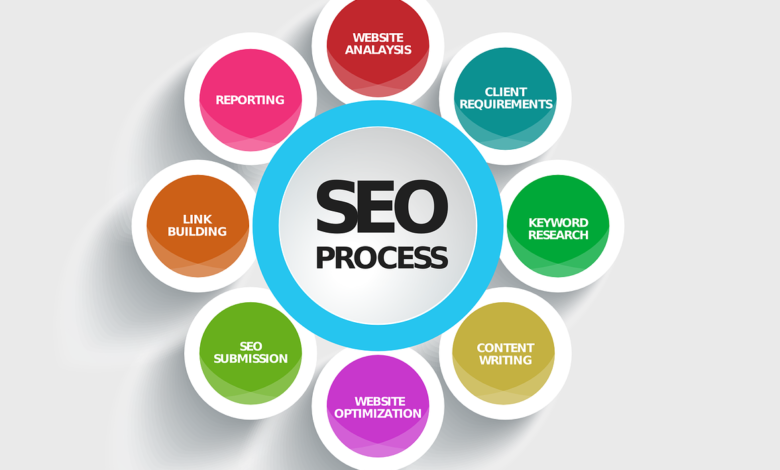Types and Benefits of SEO

SEO has become an integral element of creating successful brands and websites. Its role in traffic and lead conversion has helped spur revenue growth, customer trust, and better website rankings. Yet, unless you understand the types and benefits of search engine optimization, making logical decisions about SEO will be an arduous task. The following insights will help.
What is SEO?
SEO is an acronym for search engine optimization, which improves site visibility and search engine ranks. In brief, this science focuses on the aspects that will make your website more appealing to the search engine and potential clients. The goal is to make sure that your pages rank relatively high on the search engine. Three types of SEO suffice are on-page, off-page, and technical.
On-Page SEO
On-page SEO optimizes your web pages for specific keywords, ensuring that it appeals to search engines and users alike. This approach uses various elements, including content, internal links with meta descriptions, keywords, headings, and title tags.
On-page SEO requires that you use relatively short yet descriptive page URLs. You’ll also need to optimize title tags, meta descriptions, and headers. Further, prioritize structured data, SEO copywriting, top-quality content, and appropriate keyword density.
Off-Page SEO
Off-page SEO helps expose and build the trust of your company. Usually, this type of SEO focuses on building inbound and links, mainly top-quality. In brief, off-page SEO refers to the various measures taken outside the website, yet aimed at improving the site’s rankings.
Most experts will want to remove any wrong links on your page. For instance, avoid using advertorials, bookmark websites, irrelevant backlinks, overused anchor texts, and forum spam. At the same time, ensure that you use an excellent backlink strategy and monitor various backlinks. You could also create premium-quality content for your site consistently. It will help attract and convert leads.
Technical SEO
Technical SEO is a part of SEO that focuses on search engine spiders, ensuring that they crawl and index your website more effectively. This way, you are confident of improved organic rankings. The goal is to make your site more responsive, user-friendly, and secure for your intended users.
This part of SEO ensures that your site is mobile-friendly. Thanks to how many people browse via their phones, a more mobile-responsive site will likely attract more people. You’ll also need to optimize your website’s speed and content. Creating an XML map will also come in handy in improving your site’s performance.
Benefits of SEO
Various advantages come with embracing SEO. Some of the top reasons to use SEO on your website include the following.
- SEO ensures that you tap into premium-quality traffic. This way, you have better chances of converting leads and gaining extra revenue.
- You’ll also not pay for ads when it comes to SEO. All you need to do is invest in premium-quality content, including articles and videos.
- SEO assures you of a better click rate than PPC.
- Embracing SEO could set you apart, ensuring that you stand out in your competition.
- SEO helps improve your brand image and PR
In conclusion, SEO is critical to the growth of your company. With the insights above, you are confident of much more informed decision-making.
For more valuable information visit the website




